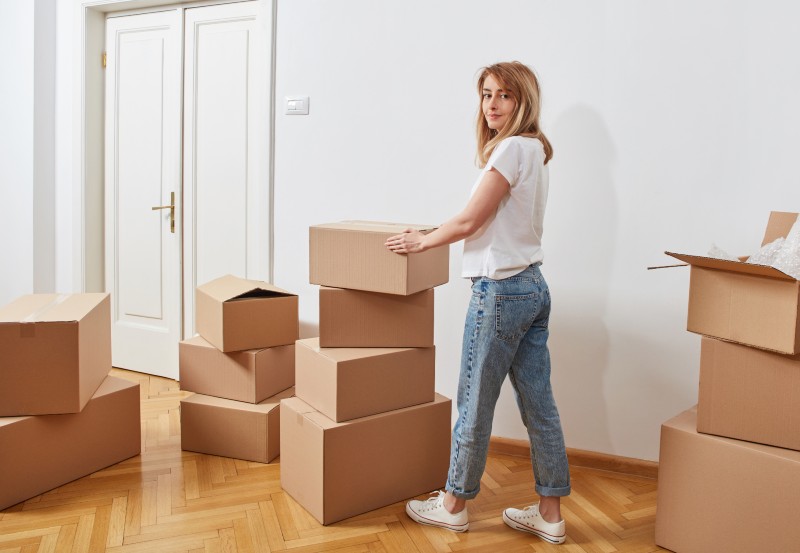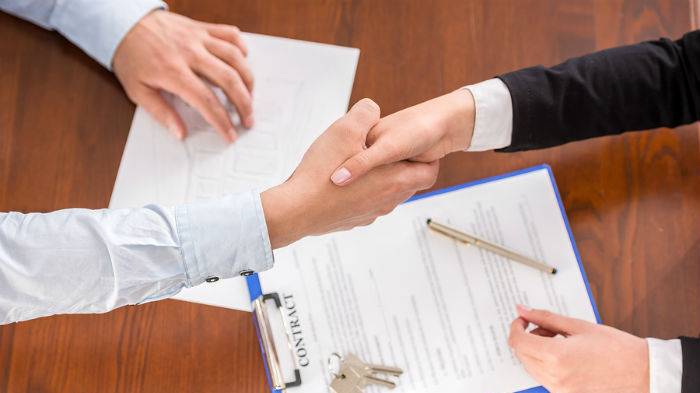Deciding whether it’s better to rent or buy a house depends on your finances, lifestyle, goals, and how long you plan to stay in one place. Buying can build equity and stability but comes with upfront costs and responsibilities. Renting offers flexibility and lower upfront costs but doesn’t build home ownership wealth.

Is it cheaper to rent or buy?
Buying has more upfront costs, but renting is generally more expensive in the longer term.
When you're renting, you don't need to save up as much of a deposit or pay Stamp Duty tax. You're also not responsible for the overall maintenance and repair of the property, as that would be the landlord's responsibility.
If you're not lucky enough to have bought your property outright, then you'll probably need a mortgage. However, as you pay off your mortgage, you'll build up equity in the property.
If you sell your property, you can use the equity as a deposit for your next home.
Rent or buy: what are the cost differences?
| Cost type | Renting | Buying a home |
|---|---|---|
|
Deposit
|
Around 1 month’s rent
|
Usually 5–10% of the property price
|
|
Council tax
|
Yes
|
Yes
|
|
Bills (energy, water, etc.)
|
Yes
|
Yes
|
|
TV licence
|
Optional
|
Optional
|
|
Contents insurance
|
Optional
|
Optional
|
|
Service charges
|
Sometimes
|
Sometimes
|
|
Stamp Duty
|
No
|
May apply (some first-time buyers may be exempt)
|
|
Valuation fees
|
No
|
Yes
|
|
Solicitor / conveyancing fees
|
No
|
Yes
|
|
Survey fees
|
No
|
Yes
|
|
Mortgage booking fees
|
No
|
Sometimes
|
|
Buildings insurance
|
No
|
Yes
|
|
Maintenance and repairs
|
No (usually landlord)
|
Yes
|
|
Furniture and household items
|
Sometimes
|
Often
|
Is it worth buying a house now?
Whether it’s worth buying a house in 2026 depends on your finances, goals, and how long you plan to stay.
Mortgage rates remain higher than the early 2020s, so monthly repayments can be significant for new buyers or those on variable-rate deals.
Higher borrowing costs can affect demand and house prices, creating potential opportunities, especially for first-time buyers.
Before deciding to buy, it’s worth considering:
- How long you expect to stay in the property - buying tends to make more sense over the medium to long term (5-10+ years).
- Whether you can comfortably afford mortgage repayments alongside other costs such as maintenance, insurance and taxes.
- Your savings and financial buffers,including plans for unexpected costs or changes in income.
Housing market forecasts vary by region and over time, so it’s better to think in terms of personal goals rather than trying to time the market perfectly.
If you decide buying is right for you, our broker partner Mojo Mortgages can help compare a wide range of mortgage deals to find one that suits your needs and budget.
Get more information about mortgages
Advantages and disadvantages of buying a home
| Advantages | Disadvantages |
|---|---|
|
Long-term stability, not subject to a landlord's decisions
|
Bigger upfront costs, making it harder to save for a deposit
|
|
Freedom to decorate your home without needing permission
|
Responsibility for repairs and maintenance
|
|
Control over deciding what maintenance work needs to be done and when
|
Exposure to property market changes and risk of negative equity
|
|
Full ownership of the home at the end of the mortgage term
|
Mortgage repayments can rise if interest rates increase, although fixed-rate mortgages can help
|
|
Potential benefit if the property value increases
|
Less flexibility to move, as selling can take months depending on the market
|
Advantages and disadvantages of renting a home
| Advantages | Disadvantages |
|---|---|
|
Upfront costs, such as deposit, are usually more affordable than buying
|
Your landlord might decide to increase your monthly rent
|
|
Finding a rental property is usually quicker than buying
|
You have to follow the rules of a landlord and don't have complete control over home DIYs
|
|
You don't need to worry about expensive repair bills
|
You're essentially paying your landlord's mortgage; property improvements only benefit the landlord
|
|
You can easily relocate to other areas or to another property much quicker
|
If your landlord decides to sell, you have to move out
|
Rent or Buy: Checklist
Deciding whether to rent or buy really comes down to your personal circumstances and what you want for your life. Here are some things to consider:
1. Your future plans
- Are you planning to be in this house for a long time?
- Are you likely to move jobs, start a family, or relocate soon?
- Would buying a property you only plan to live in temporarily still make sense?
- Would renting until you can afford a longer-term option be better?
2. Your personal finances
- Have you saved enough for a deposit?
- Could you afford monthly mortgage repayments without struggling?
- Does your job feel secure enough to commit to a mortgage?
- Have you considered getting a mortgage in principle (MIP) with a broker like Mojo Mortgages for a clearer picture?
3. Costs of renting vs buying
- Have you compared local rent with potential mortgage repayments for similar properties?
- Are you aware of other costs, such as insurance, maintenance, and fees?
4. Long-term financial planning
- If renting, do you have a plan for funding retirement (pension, ISA, savings)?
- If buying, will you likely be mortgage-free by retirement?
- Have you factored in ongoing housing costs after retirement (rent vs no mortgage)?







